Developing capacity and leadership for just climate action
Griffith’s Climate Action Beacon seeks to develop the knowledge, leadership, capacity and responses to enable effective and just climate action throughout society.
Climate Action Beacon is a platform for the development of collaborative, interdisciplinary research and partnerships that establish change in practice and catalysts for climate action.
Climate Action Beacon research is focussed on climate motivations, transitions and justice. In addition to research, the beacon aims to empower practice and provide education.
Sustainable Development Goals
Griffith's Climate Action Beacon is aligned with the United Nation's Sustainable Development Goals ( SDGs ), and committed to tackling global challenges around climate action, peace, justice, and strong institutions.
National Climate Action Survey
Social Science Community for the Great Barrier Reef Symposium 2024
Video highlight
Call to Action from the Climate Ready Australia National Summit 2023
Climate Action Beacon in the news

Already stretched hospitals take on more ambulance call-outs in heatwaves - 30 January 2024
New research reveals that heatwaves in Australia amplify ambulance call-outs by approximately 10 percent, exacerbating the strain on already burdened hospital emergency departments. As climate change intensifies, leading public health expert Shannon Rutherford and her research team from Griffith University advocates for a comprehensive government task force to equip Australians for the impending repercussions.

Leading through crisis into a resilient future for the Northern Rivers - 12 January 2024
Curious to understand the impact firsthand? See what Anne Leitch, one of the 16 fellow leaders on the Leading Australian Resilient Communities (LARC) program, has to say about this initiative, spearheaded by the Australian Rural Leadership Foundation (ARLF) and the Regional Australia Institute (RAI), and funded by the Australian Government’s Building Resilient Regional Leaders Initiative.

Cruel summer ahead – why is Australia so unprepared? - 5 December 2023
Professor Susan Harris Rimmer of the Climate Action Beacon writes about extreme heat and - access to health, impact on homeless populations, mental health, impact on 'decent' work, electricity bills and rights to cooler spaces.
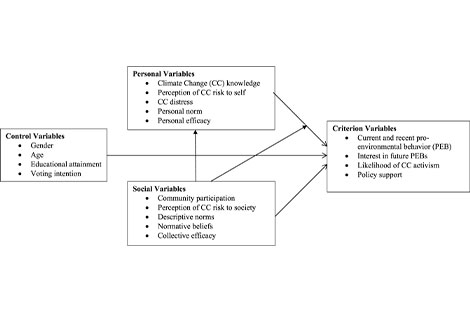
New publication: The personal and the social: Twin contributors to climate action - 30 November 2023
Identifying predictors of environmentally significant behaviors (ESBs) can inform interventions to mitigate and adapt to climate change. Most past research, and the theories that shape it, focus on factors residing within individuals rather than within their social context. This paper argues for greater emphasis on social variables, as complements to person-level variables, in predicting ESBs.

New weather-sensing technology created to stop 'preventable' heat-related fatalities in Queensland's elderly - 14 October 2023
Climate Action Beacon researchers have begun a trial to use technology to keep older people safe as temperatures warm The trial uses an an app to alert older people when they are at risk of rising temperatures in their homes The app suggests practical ways to reduce the impact of high temperatures that put people's health at risk.
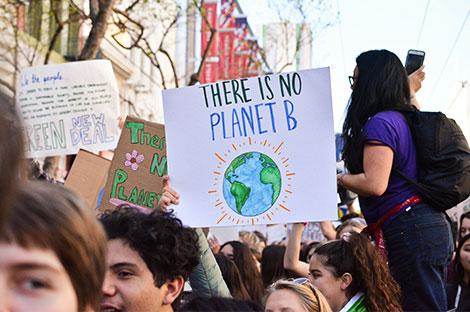
Few Aussies grasp serious, urgent climate threat - 11 October 2023
Most Australians don’t see climate change as an extremely serious problem right now, despite warnings this decade is critical in the fight for a liveable planet. Griffith University has released its annual climate action survey, which explores what thousands of Australians think about climate change.

Professional Development to help your organisation become Climate Ready - 5 October 2023
Local councils are at the heart of the community, and the services provided are critical to support the foundations for people across Australia to build a prosperous economy, liveable communities, and a healthy environment. The CRI micro-credential course in climate risk management will provide foundational knowledge and build staff capability for climate risk management.
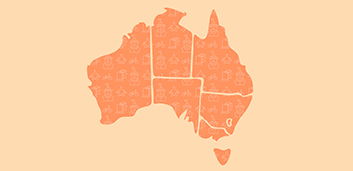
New Australian climate policy infographics help navigate the national policy landscape - 4 October 2023
The Climate Ready Australia 2030 (CRA2030) project has delivered a suite of PDF infographics designed to help organisations understand and navigate the national climate policy landscape they work within.
Collaboration platforms
Partnerships are critical to achieving effective and just climate action. This has led us to establish two platforms for enabling society to engage and partner on climate action.
Climate Action Research
A platform where the research, higher education, industry R&D sectors, government, civil society organisations and communities can collaborate on the interdisciplinary challenges and opportunities to address three big questions:
- What motivates climate action?
- How do we transition to a zero-carbon, climate resilient future?
- In tackling climate action, how do we ensure climate justice?
The Climate Ready Initiative
This platform is an alliance of business leaders and industry associations formed to facilitate dialogue and collaboration to plan and deliver a sustainable economy transformation. It collaborates on the development and delivery of climate ready projects.
Project highlights
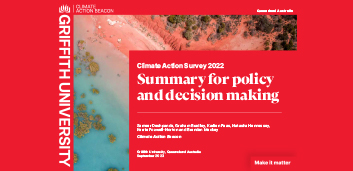
Summary for Policy & Decision Making - Climate Action Survey 2022
This is the second of five planned Climate Action Surveys which surveyed 4,030 Australian adults to discover what they think, feel, and do about climate change and related environmental and climatic events, conditions, and issues. Background, methodology, major findings, potential implications and comparisons with the 2021 survey are examined in this report which was released in September 2023.
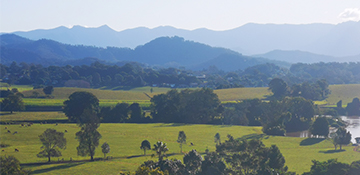
Tweed Ready climate project
Griffith University is working with the Tweed Shire Council to identify local climate action strategies and support for the community to reduce their carbon footprint and respond to natural hazards and climate events.

Co-designing a resilient water and energy toolbox for Aboriginal and Torres Strait Island communities
Researchers are working to implement transformative community-based governance approaches for delivering climate resilient and sustainable water, energy and waste systems in Australian and Pacific remote and isolated communities. The iKnow, weKnow co designed project provides a resilient water and energy toolbox for Aboriginal and Torres Strait Island communities.

Ethos - Extreme Heat Warning System for Older Queenslanders
The Ethos research team is working to develop a digital tool to keep older people safe from the health effects of heatwaves. South-East Queenslanders over 65 years of age are invited to participate in the in-home trials this 2023/24 Summer. Find out more about the project and have a look at the recent newsletter issued in August 2023.

Queensland Heat and Health Community of Practice
A professional group focussed on increasing awareness, investment and uptake of heat adaptation policy across Queensland. Establishment of the group aims to improve collaboration across sectors to assist and manage heat health issues facing Queenslanders.
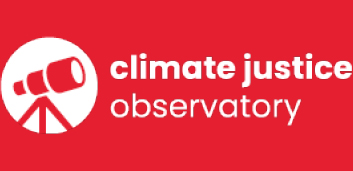
The Climate Justice Observatory
Climate Justice Observatory brings together human rights methodologies of observatories: the provision of reliable information, equity data, climate modelling, long-form journalism and multidisciplinary expert analysis. The online resource allows citizens to monitor issues, map local problems and find solutions.
Griffith News about Climate Action
Countering disinformation in Australia and the Pacific
13 Nov 2024
This week, Brisbane became a central hub for discussions on the importance of information integrity...
Survey reveals Australian’s lukewarm response to urgent action on global...
14 Oct 2024
Fears for Great Barrier Reef, nuclear power and cost-of-living pressures among concerns.
Sienna wins Griffith’s 3MT with a powerful visual insight
21 Aug 2024
PhD candidate Sienna van Rossum entered Griffith’s Three Minute Thesis competition unsure if...
Study highlights Australia’s troubling role in global forest carbon decline
18 Jul 2024
Findings underscore Australia’s emergence as negative outlier as forest areas and carbon...
Stay up to date